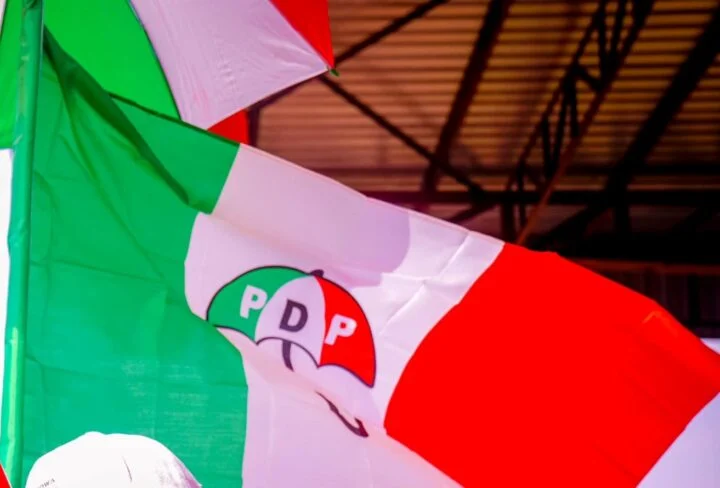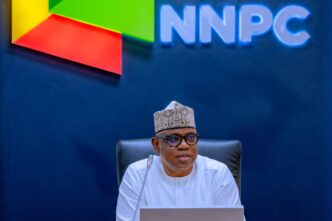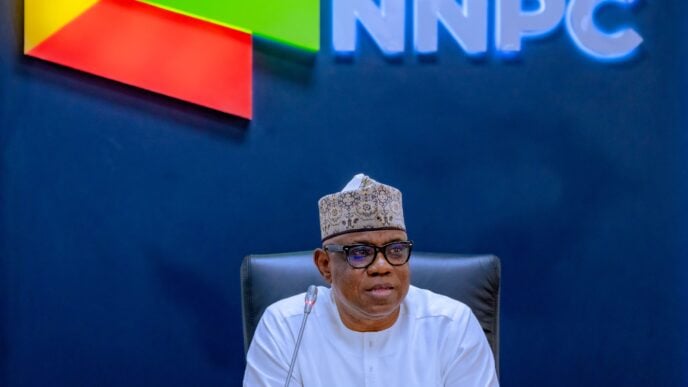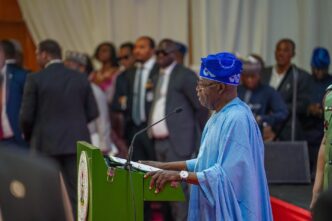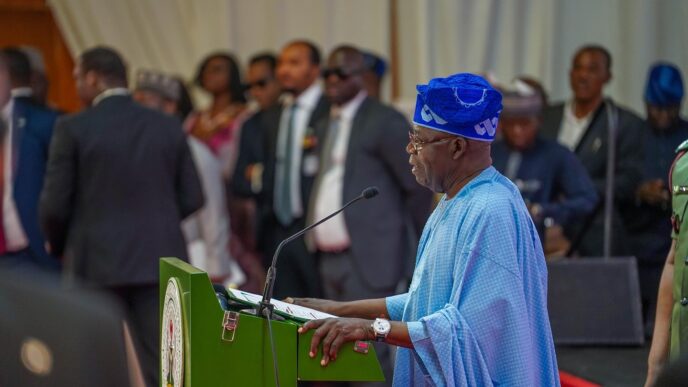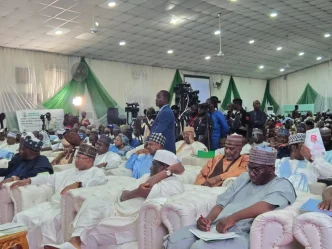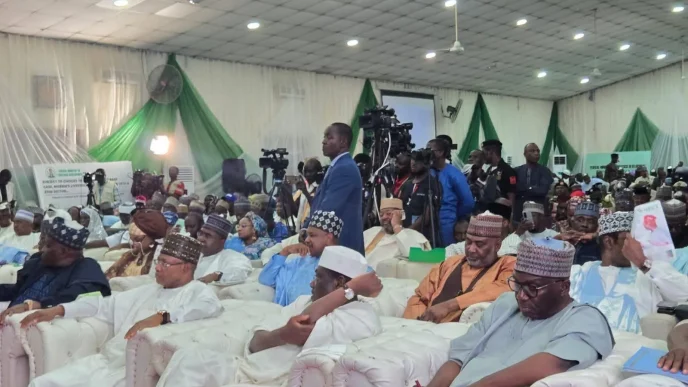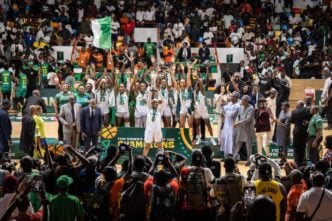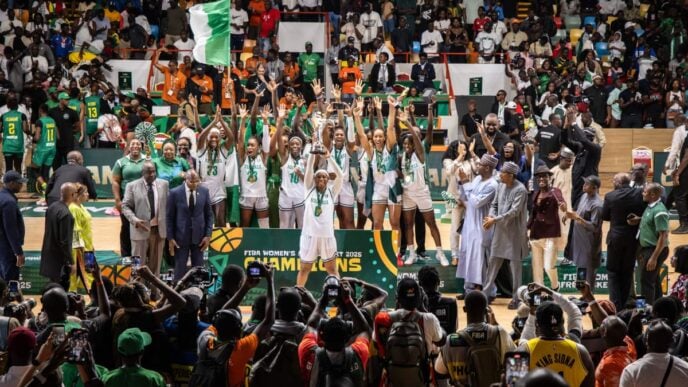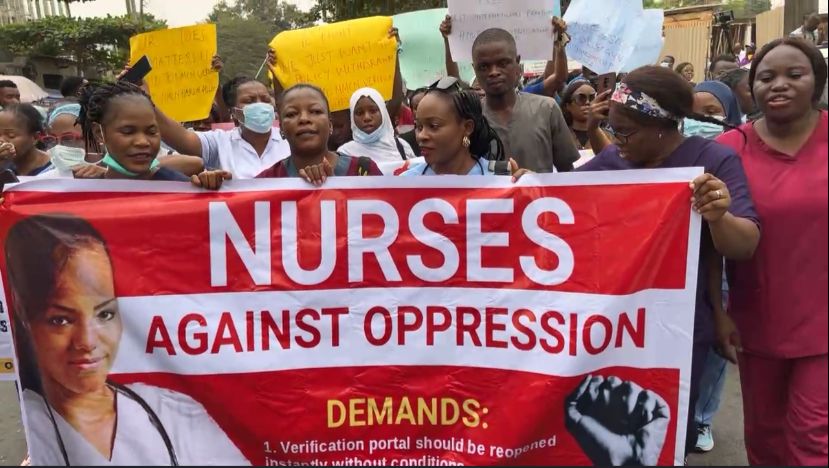BY IBRAHIM SUKURAT
The Peoples Democratic Party (PDP) in Kwara State, once a dominant force under the Saraki dynasty, is grappling with a crisis that threatens its very existence.
A wave of defections to the All Progressives Congress (APC) and the African Democratic Congress (ADC), coupled with internal divisions and a failure to resonate with voters, has left the party struggling to maintain relevance.
The question is whether the PDP in Kwara is dead or merely weakened, capable of revival with the right strategy.
Advertisement
A close examination of verified developments, rooted in available evidence, suggests that while the PDP is severely diminished, its complete demise is not yet certain, though its path to recovery is fraught with challenges.
The defection crisis
The PDP in Kwara has suffered significant defections that have eroded its political structure. Reports from sources like The Nation and Daily Post confirm that prominent figures have left the party, citing dissatisfaction with its leadership and direction.
Advertisement
Former Governor Abdulfatai Ahmed, who served from 2011 to 2019, has reportedly joined the ADC, a move that highlights the PDP’s loss of key allies. Similarly, Gbenga Makanjuola, the PDP’s deputy gubernatorial candidate in 2023, and Dare Bankole, a two-time federal constituency candidate, have defected to the APC.
Other notable defectors include Hon. Wahab Issa, a former House of Representatives member, and Bolaji Abdullahi, the 2023 PDP senatorial candidate for Kwara Central. These departures, verified through multiple reports, indicate a significant loss of political heavyweights who once sustained the PDP’s influence in Kwara.
The defections extend beyond the elite to the grassroots level. Local operatives, including ward-level executives and former local government chairmen, have also left, weakening the party’s voter mobilization capacity.
The Kwara PDP Transformation Movement has publicly criticized the party’s leadership for marginalizing members, a grievance echoed by defectors who feel sidelined by Bukola Saraki’s inner circle.
Advertisement
While the scale of defections is substantial, there is no definitive evidence that the party has lost all its grassroots support, as some loyalists remain active, particularly in areas like Ilorin.
The Saraki legacy: A double-edged sword
Bukola Saraki’s influence has been both the PDP’s greatest asset and its Achilles’ heel in Kwara. As a former Senate President and two-term governor, Saraki inherited a political dynasty from his father that dominated Kwara for decades. However, his centralized control has alienated key stakeholders.
Reports indicate that his 2018 return to the PDP, after a stint in the APC, exacerbated tensions among members who felt overshadowed by his loyalists. This lack of internal democracy has driven defections, with figures like those in the Kwara PDP Transformation Movement accusing the leadership of favoritism.
Advertisement
Saraki’s political base has weakened significantly. Kwara and Kogi, his home states, are now controlled by the APC, with Governor AbdulRahman AbdulRazaq’s administration consolidating power since the 2019 “Otoge” movement, which ended the Saraki dynasty’s grip.
The PDP’s poor performance in the 2023 elections, failing to secure major victories in Kwara’s gubernatorial or legislative races, has further diminished Saraki’s influence. Defectors have praised AbdulRazaq’s focus on infrastructure and grassroots development, contrasting it with the PDP’s reliance on Saraki’s fading legacy.
Advertisement
However, initiatives like the Abubakar Bukola Saraki Foundation suggest he retains some community goodwill, though these efforts are more tied to his personal brand than the PDP’s revival.
National context
Advertisement
The PDP’s struggles in Kwara reflect broader challenges at the national level. The party’s decision to zone its 2027 presidential ticket to the South, as reported by The Nation on August 2, 2025, has sparked debate.
Potential aspirants include Goodluck Jonathan, Bukola Saraki, Nyesom Wike, Peter Obi, Seyi Makinde, and Akinwumi Adesina. However, the Gbenga Hashim Solidarity Movement has challenged the zoning decision’s legitimacy, arguing it lacks formal approval and could violate constitutional principles. This internal discord mirrors the PDP’s difficulties in maintaining unity, a problem that amplifies local challenges in Kwara.
Advertisement
Nationally, the PDP has faced setbacks, with defections of figures like Atiku Abubakar to the ADC and losses in states like Delta and Akwa Ibom to the APC. These developments, verified through reports, highlight a party struggling to maintain its role as Nigeria’s main opposition.
In Kwara, the emergence of the ADC as a third force, attracting figures like Abdulfatai Ahmed, suggests that the PDP is losing ground not only to the ruling APC but also to a new challenger capitalizing on its disarray.
Is revival possible?
The PDP’s decline in Kwara is undeniable, but pronouncing it dead may be premature. The party retains a core of loyalists and a historical brand that could, in theory, be leveraged for a comeback. However, its challenges are formidable.
The loss of key figures and grassroots structures has crippled its electoral machinery, and Saraki’s dominance continues to stifle new leadership.
The APC’s governance under AbdulRazaq, while not flawless, has resonated with voters through tangible projects, making it difficult for the PDP to present a compelling alternative. The ADC’s rise further complicates the PDP’s prospects, as it risks losing both elites and voters to a party unburdened by the PDP-APC rivalry.
Efforts to stem the tide, such as emergency meetings led by Saraki, have so far failed to address the root causes: internal divisions, lack of inclusivity, and electoral underperformance. For the PDP to revive in Kwara, it would need to decentralize leadership, nurture new talent, and articulate a vision that resonates with a populace disillusioned with dynastic politics. Without these reforms, the party risks further erosion of its base.
If the PDP is going to survive, Bukola Saraki needs to first understand that the party he has tried so hard to build in his image is no longer about him. He must let his ways die first and only out of that fire can a new Kwara PDP arise.
As the 2027 elections approach, the PDP in Kwara is at a critical juncture. Its current trajectory suggests a party on the brink, almost to the point of being considered entirely extinguished.
The defections, while severe, have not eradicated its presence entirely, and pockets of support remain in areas like Ilorin. However, without significant restructuring, the PDP risks becoming a marginal player in a state it once dominated. The rise of the APC and ADC shows a shifting political landscape, where voters prioritize governance over loyalty to old dynasties.
The PDP’s story in Kwara is a cautionary tale of what happens when a party fails to evolve. Its reliance on Saraki’s influence, once its strength, has become its greatest liability.
While the party is not yet dead, it is on life support, and its survival depends on its ability to address internal flaws and reconnect with voters. The 2027 elections will be a litmus test, and unless the PDP can reinvent itself, it risks fading into Kwara’s political history as a relic of a bygone era.
Ibrahim Sukurat, a commentator on politics, wrote from Ilorin, Kwara state
Views expressed by contributors are strictly personal and not of TheCable.
